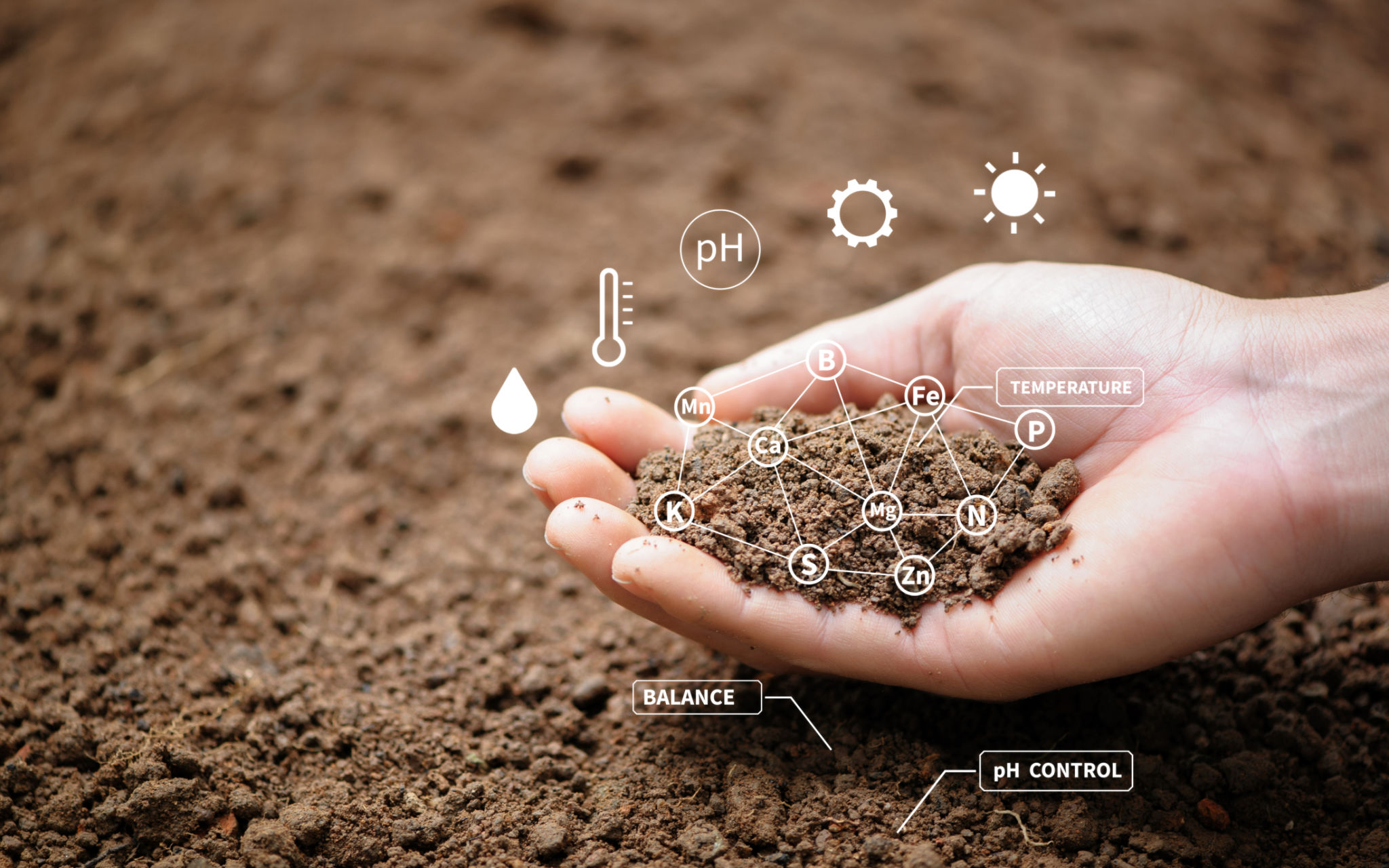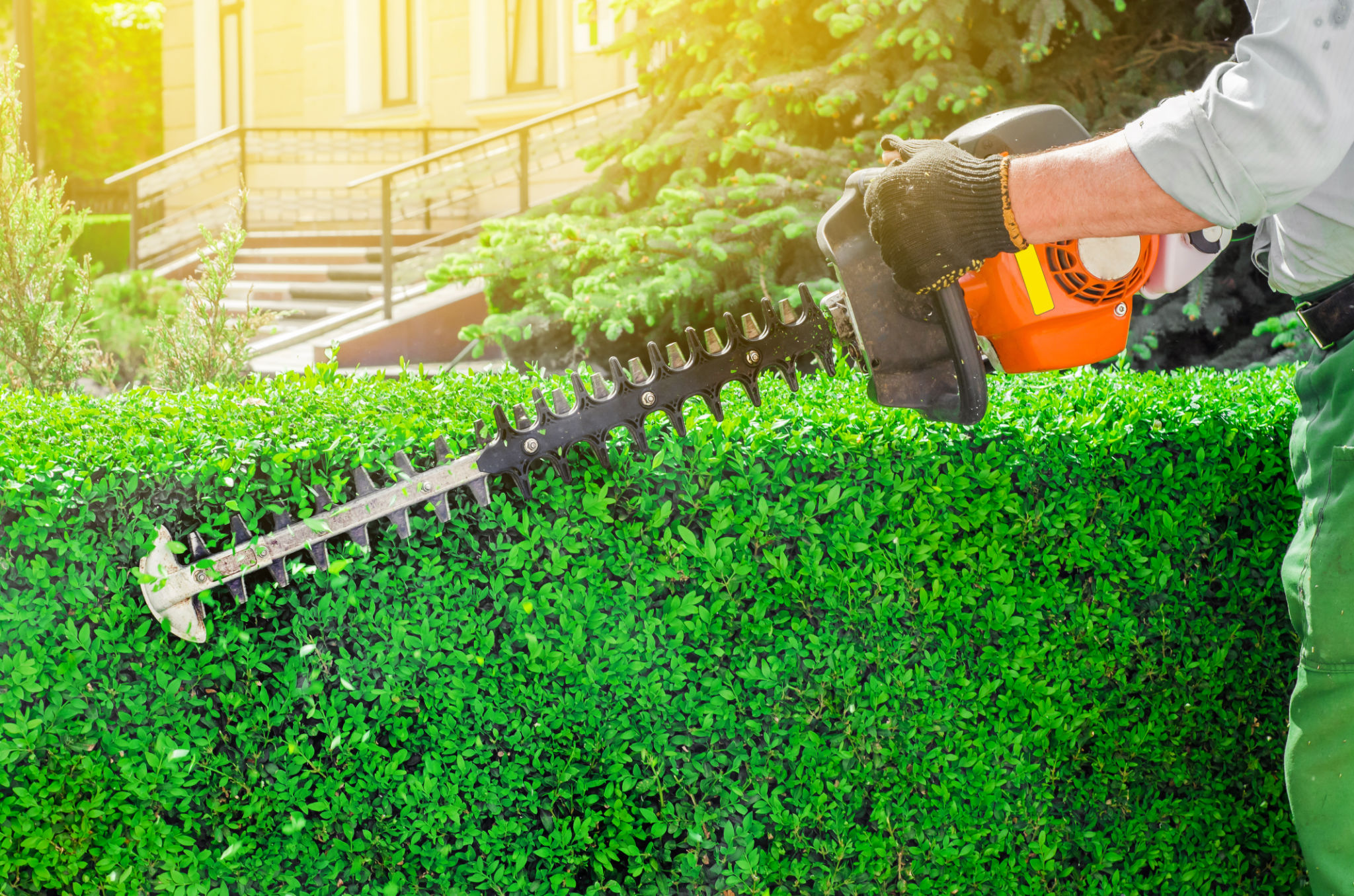Expert Tips for Maintaining Your Landscape in Charleston County
Understanding Charleston County's Unique Climate
Charleston County's coastal location presents unique challenges and opportunities for landscape maintenance. With its humid subtropical climate, the area experiences hot, humid summers and mild winters. This climate supports a diverse range of plant species but also requires specific care to ensure your landscape thrives year-round. Understanding these climatic nuances is the first step in crafting a well-maintained garden.
One of the main considerations is the region's rainfall patterns. Charleston County receives a significant amount of rain, particularly during the hurricane season. Therefore, it's essential to have a landscape design that includes proper drainage solutions to prevent waterlogging and erosion.

Choosing the Right Plants
Selecting the appropriate plants for your landscape is crucial for sustainability and aesthetic appeal. Native plants are often the best choice as they are well-adapted to the local climate and soil conditions. They require less water, are more resistant to pests, and support local wildlife.
Some popular native plants in Charleston County include the Southern Magnolia, Live Oak, and various Palmettos. Incorporating these into your landscape can reduce maintenance efforts while enhancing the natural beauty of your surroundings.
Soil Management and Fertilization
Healthy soil is the foundation of a thriving landscape. In Charleston County, the soil can vary from sandy to clayey, affecting how you manage your garden. Conducting a soil test can provide valuable insights into its composition and nutrient levels, allowing you to tailor your fertilization strategy effectively.
When fertilizing, opt for organic options whenever possible. They improve soil health over time and are environmentally friendly. Regularly adding compost can also enrich the soil, promoting healthy plant growth.

Efficient Watering Techniques
While Charleston County receives ample rainfall, efficient watering practices are still essential, especially during dry spells. Implementing an irrigation system with a timer can help conserve water and ensure your plants receive the right amount of moisture.
Drip irrigation systems are particularly effective as they deliver water directly to the plant's root zone, minimizing evaporation and runoff. This method is both water-efficient and cost-effective, making it an excellent choice for maintaining your landscape.
Pruning and Pest Control
Regular pruning is vital for maintaining the shape and health of your plants. It encourages new growth, prevents diseases, and can even enhance flowering. In Charleston County, pruning is best done in late winter or early spring before the growing season begins.

Pest control is another critical aspect of landscape maintenance. The warm climate can attract various pests, but using integrated pest management (IPM) practices can mitigate their impact. This approach combines biological, cultural, and chemical methods to control pests sustainably.
Seasonal Maintenance Tips
Each season in Charleston County requires specific landscape maintenance tasks. In spring, focus on planting and mulching. Summer is the time to monitor watering and watch for pests. Fall is ideal for pruning and planting cool-season crops, while winter is perfect for planning and preparing your garden for the year ahead.
By following these expert tips and tailoring them to the unique conditions of Charleston County, you can maintain a beautiful and healthy landscape that enhances your property's value and your quality of life.
